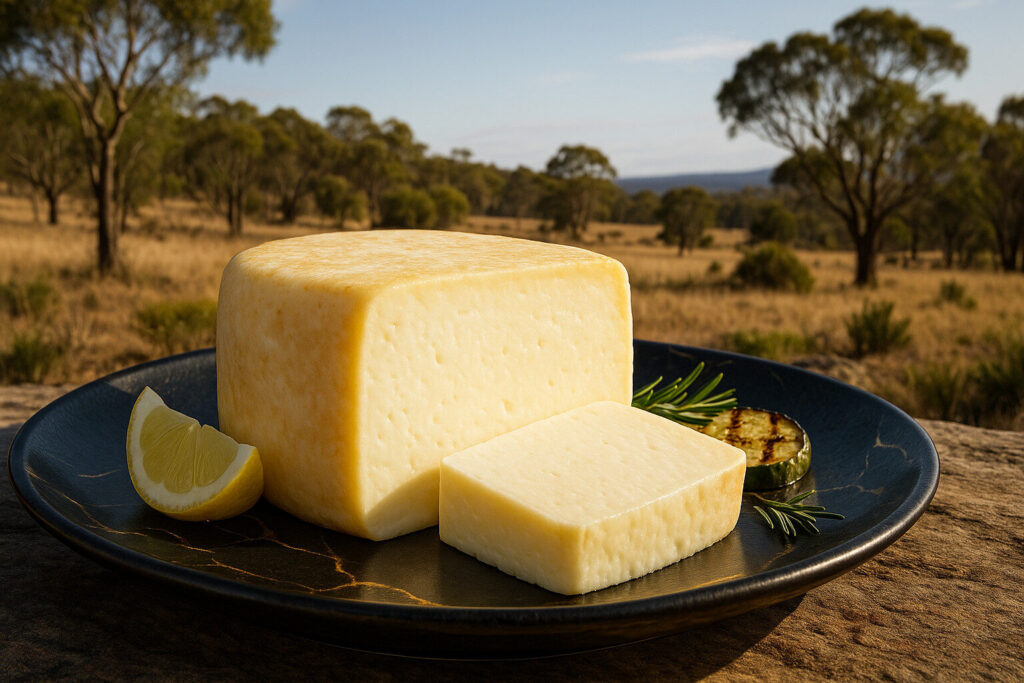Barbecue Cheese
Barbecue Cheese Definition
Barbecue cheese refers to cheeses specifically designed or commonly used in barbecue cooking. These cheeses possess structural integrity to withstand direct grilling or smoking. Their composition often includes lower moisture content to prevent excessive melting and maintain shape during high-heat applications.
The scope encompasses both cheeses smoked during production and fresh cheeses grilled before serving. This category includes varieties like halloumi, queso panela, and certain firm cheddars. These cheeses are selected for their ability to develop a charred exterior while maintaining a pleasing texture.
Production Methods
Traditional barbecue cheeses undergo specific manufacturing processes to enhance heat resistance. Many are brined or salted to create a protective surface crust. The cheese curds are typically pressed firmly to expel excess whey and create dense textures.
Some varieties receive actual smoke exposure during aging, infusing characteristic flavors. Modern production may incorporate food-grade stabilizers to improve melting resistance. The final products are packaged to preserve their structural qualities until cooking.
Sensory Characteristics
Barbecue cheeses develop complex flavor profiles when heated. Grilling creates Maillard reaction compounds that produce nutty, caramelized notes. The exterior develops a crisp, browned crust while the interior softens without completely liquefying.
Smoked varieties exhibit woody, savory notes from their production process. Texture ranges from squeaky (as in halloumi) to firm and sliceable. These cheeses typically have moderate saltiness that complements other barbecue ingredients.
Culinary Applications
Barbecue cheeses serve as both main components and accompaniments in grilled dishes. They can be sliced and grilled directly on grates as vegetarian entrées. Many chefs incorporate them into skewers with vegetables and meats for balanced flavor combinations.
These cheeses work well in barbecue sandwiches, burgers, and tacos where structure is crucial. They maintain their form when melted over grilled meats or vegetables. Their robust nature makes them suitable for outdoor cooking environments and high-temperature preparations.
Notable Examples
Halloumi from Cyprus represents the classic barbecue cheese with its distinctive grilling properties. Mexican queso panela maintains its shape when heated and develops excellent browning. Greek kasseri offers a balanced melting quality suitable for indirect heat applications.
Certain firm cheddars, particularly those smoked over hardwood, perform well in barbecue contexts. Brazilian coalho cheese is traditionally grilled over charcoal as street food. These regional specialties demonstrate how different cultures have developed cheeses specifically for high-heat cooking methods.

